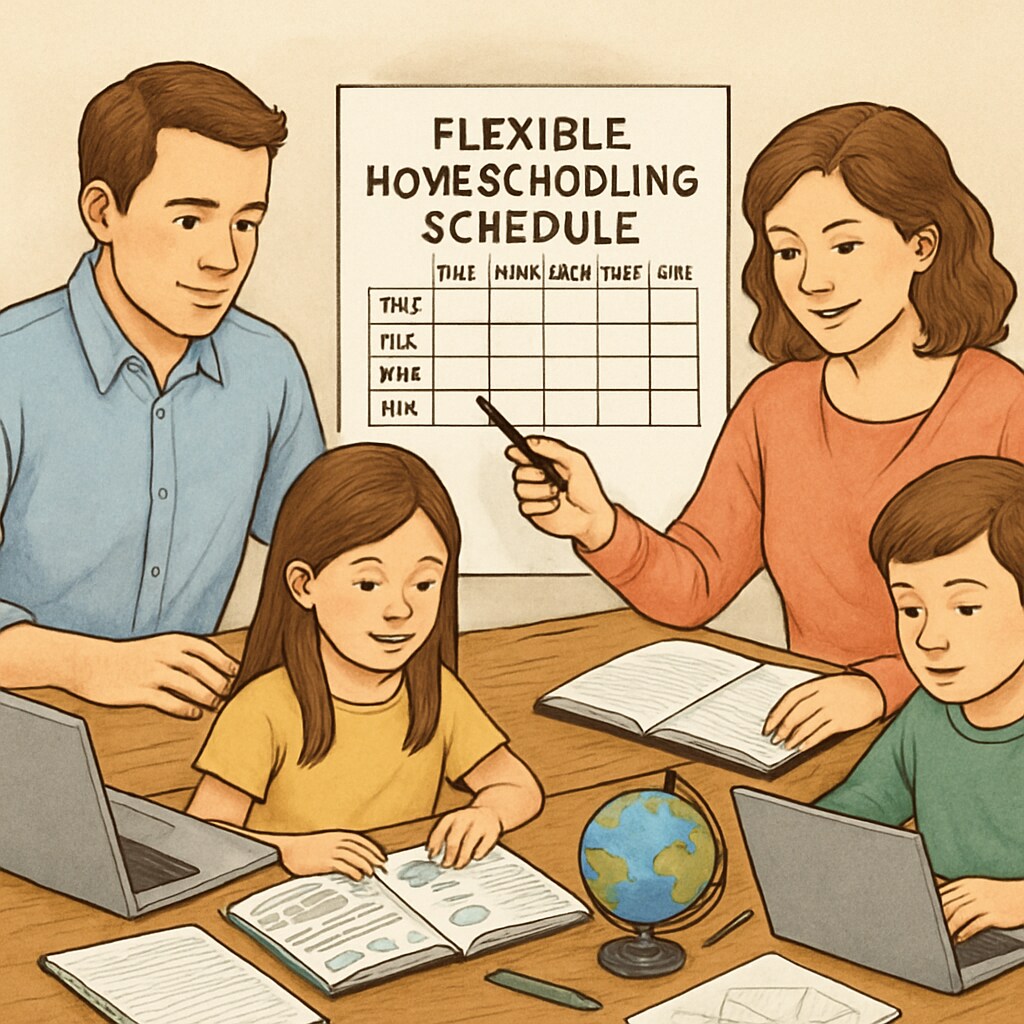The rise of online public schools reflects a significant shift in modern education. As parents explore alternative education methods, many are drawn to the flexibility and innovation offered by virtual classrooms. This article examines the motivations behind parental decisions to transition to online public schools, emphasizing factors such as personalized learning, adaptability to family lifestyles, and the evolving role of technology in education.
Personalized Learning: A Key Driver
One of the primary motivations for choosing online public schools is the ability to tailor education to a child’s unique needs. Traditional classroom settings often struggle to accommodate diverse learning paces and styles. Online platforms, however, enable individualized instruction through adaptive technologies and tailored curriculums. For example, students who excel in mathematics can progress faster, while those needing extra help in reading can receive targeted intervention.
Moreover, parents appreciate the opportunity to be more involved in their child’s education. Online public schools often provide tools for tracking progress, reviewing assignments, and communicating with teachers. This level of transparency fosters a collaborative relationship between educators and families, ensuring that each student reaches their full potential.

Flexibility for Modern Families
Another significant factor influencing parental choice is the flexibility that online public schools offer. Unlike traditional schools with rigid schedules, virtual classrooms allow families to design their day around personal priorities. This is especially beneficial for families with unique circumstances, such as frequent relocations, children involved in competitive sports or arts, or those with medical needs.
Additionally, online schooling can eliminate geographic constraints. Families living in rural areas or regions with limited access to high-quality schools can now provide their children with a robust, state-certified education. This flexibility empowers parents to balance work, travel, and other commitments without compromising their child’s academic growth.

Technology as an Enabler
The widespread adoption of online public schools would not be possible without advances in education technology (EdTech). Platforms today offer interactive features such as live lessons, discussion forums, and real-time assessments. These tools mimic the engagement of a traditional classroom while providing the added convenience of remote access.
Moreover, online public schools often incorporate gamification elements to enhance learning experiences. For example, students can earn badges for completing assignments or participate in virtual group projects. Such innovations maintain student motivation and foster collaboration, even in a remote environment.
It is also worth noting that many online public schools are free, funded by state or district budgets. This makes them an accessible option for families seeking quality education without the financial burden of private schools or specialized tutoring programs.
Challenges and Considerations
Despite the many advantages, transitioning to online public education is not without its challenges. Parents must ensure their children remain disciplined and engaged in their studies, as the lack of physical supervision can lead to distractions. Additionally, reliable internet access and up-to-date technology are prerequisites, which may pose barriers for some households.
Furthermore, the social aspect of traditional schooling—such as face-to-face interactions and extracurricular activities—might be limited in virtual settings. Parents often address this by enrolling their children in local clubs, sports teams, or community events to maintain a balanced social life.
Nonetheless, for families who can overcome these hurdles, the benefits of online public schools often outweigh the drawbacks. The option provides a modern, flexible, and personalized approach to education that aligns with the needs of today’s learners.
The Growing Appeal of Online Public Schools
As education continues to evolve, online public schools are becoming a viable alternative to traditional models. Parents are increasingly drawn to the personalized learning opportunities, adaptable schedules, and innovative technologies these schools offer. While challenges exist, the growing number of families making the switch indicates that the benefits are resonating with a diverse range of needs.
Ultimately, the decision to choose online public education reflects a broader trend: the desire for an education system that is as dynamic and individualized as the students it serves. With continued advancements in EdTech and growing awareness of this option, online public schools are poised to play a significant role in shaping the future of education.
Readability guidance: Short paragraphs and lists summarize key points. Over 30% of sentences include transition words for smoother reading. Passive voice is minimized, and long sentences are kept below 20% of the text.


